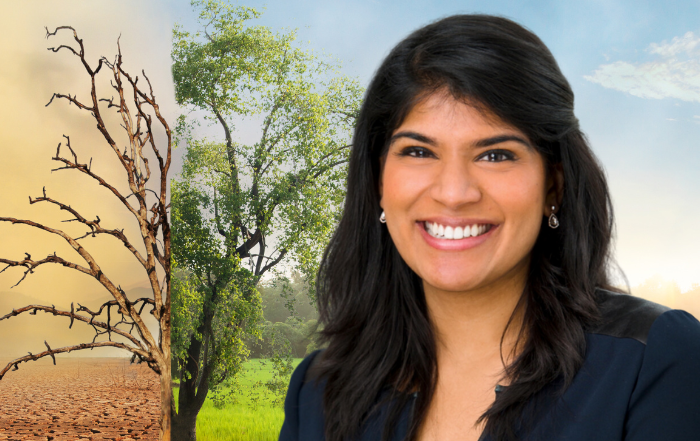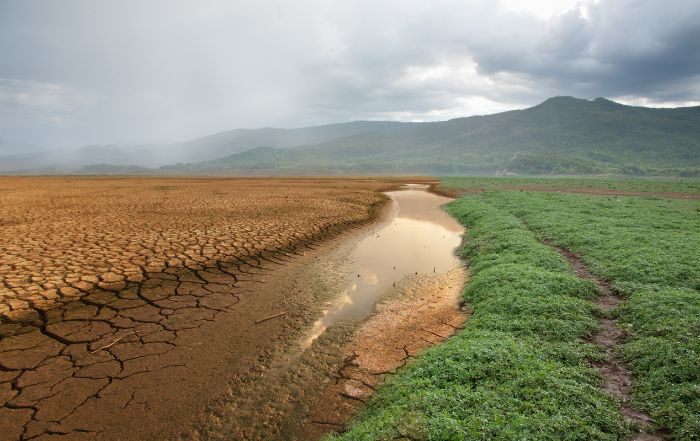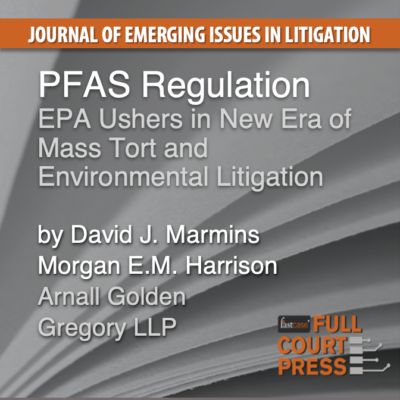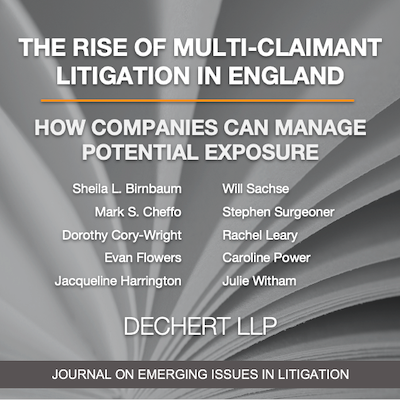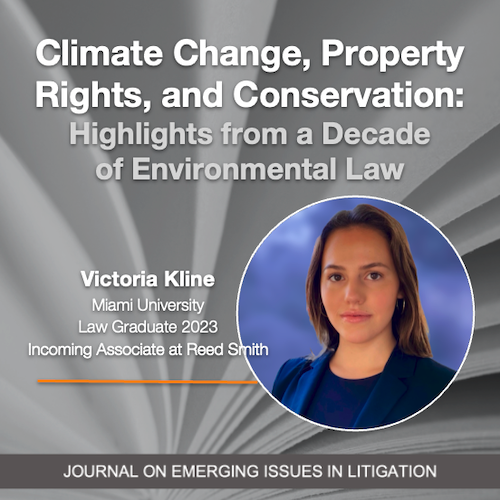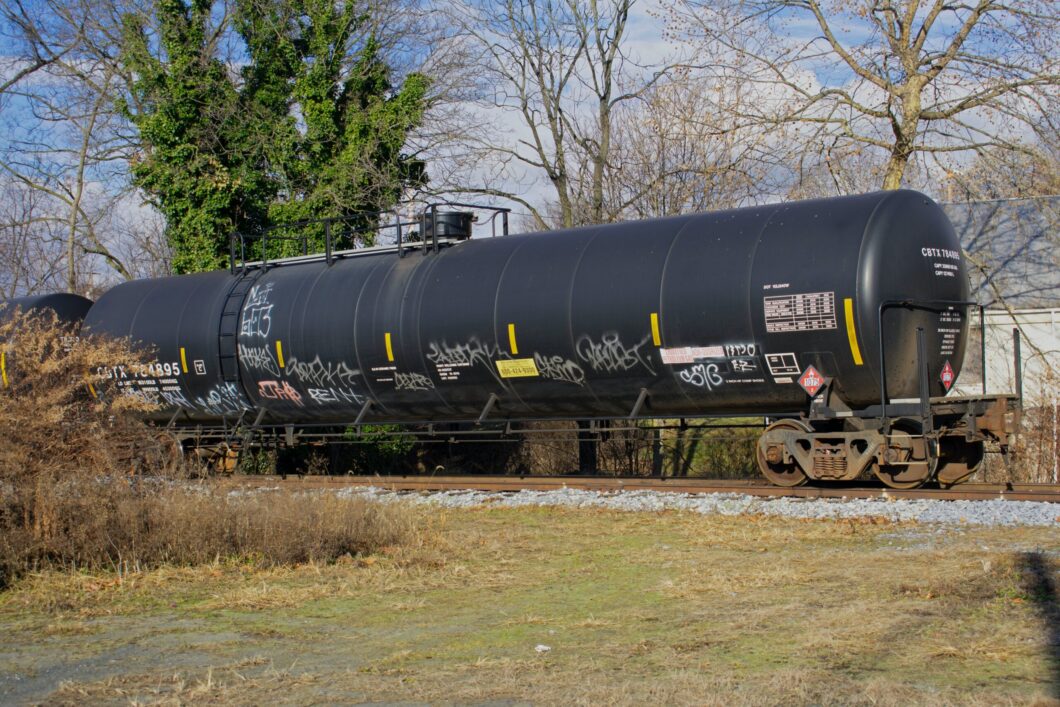Intersects with Mass Torts (some include this in Mass Torts), pollution, PFAS, chemical fires, climate change.
Mitigating Greenwashing Litigation Risks with Ramya Ravishankar
In this episode, we discuss mitigating greenwashing litigation risks with guest Ramya Ravishankar, General Counsel at HowGood, an independent research firm that helps the world’s largest food brands meet their sustainability commitments. Listen and learn more!

